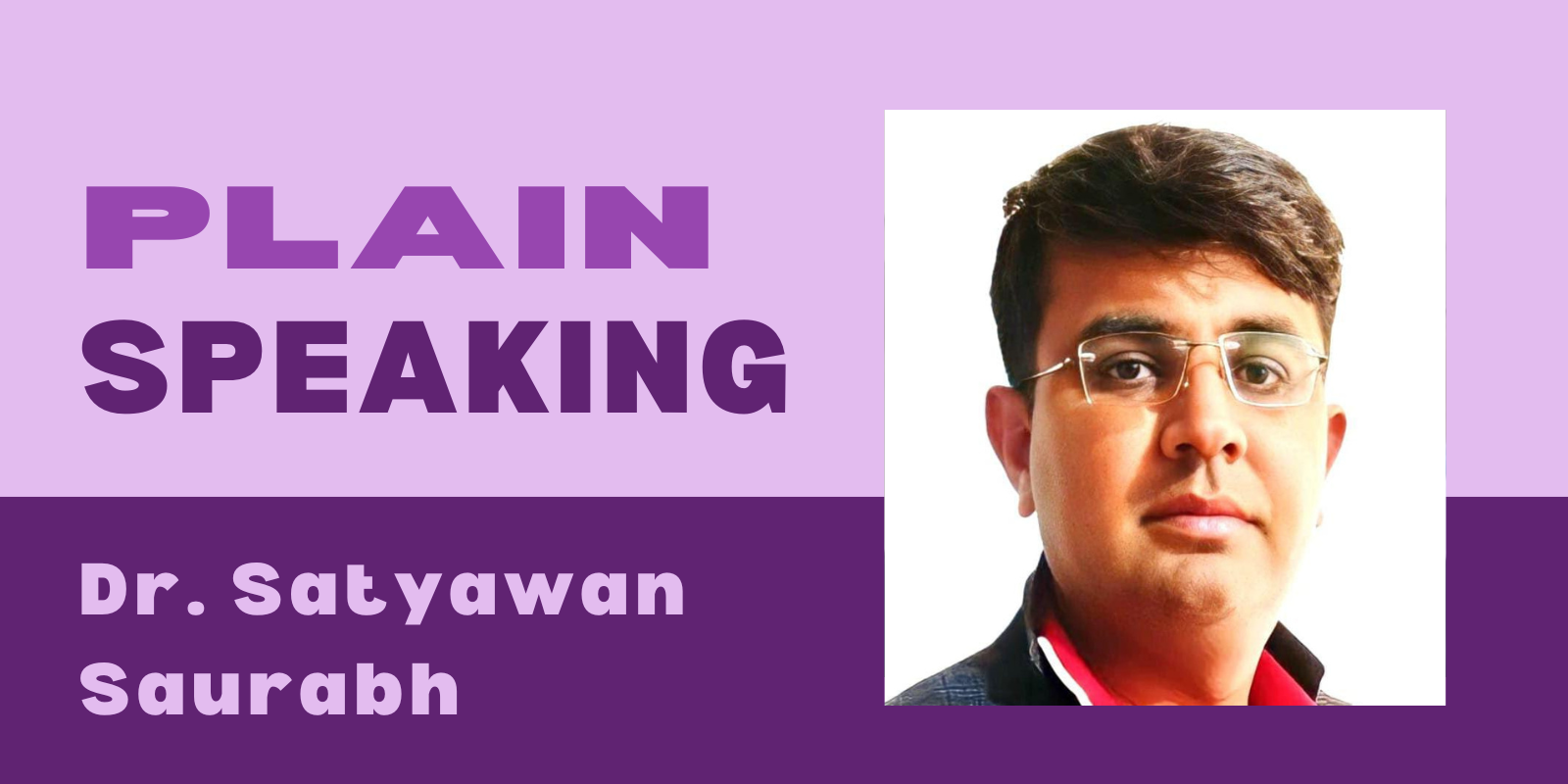Today is the age of technology and information. There is a mobile in every hand, internet in every pocket. But have we become more aware, or have we just become slaves of fingers sliding on the screen?
People are engrossed in an endless world of ads, videos, memes, reels, and tricks. The “scroll culture” has cut off our attention span. Things that were previously deeply understood are now reduced to 30-second shorts and 280-character posts.
Our brains are filled with superficial information, but the depth of knowledge has been lost. There was a time when we would read long articles in the newspaper, discuss them, and ponder over them. Now we “scroll” – without stopping, without thinking. The result?
Mental exhaustion, loneliness, competition to show off, and digital depression. People post smiling selfies but are broken from within. There is a deep emptiness hidden behind ‘hashtag happy’.
So-called ‘influencers’ on social media are now giving advice in every sphere of life – health, education, relationships, even spirituality. But their knowledge is superficial, and the objective? Views and likes. Those who do not know how to manage their mental health have become ‘mental health experts’. The scroll culture has fragmented our thinking. On one hand, there is talk of ‘mindfulness’, on the other hand, we are getting disconnected from ourselves.
People waste hours scrolling through social media but have lost the power of real conversation. One click brings thousands of opinions, but who can verify their validity?
In the technological age, it was hoped that superstitions would end. But now they have become ‘digital ghosts’. On WhatsApp: “Must read this mantra at night…” On Facebook: “Send this photo to 5 people, otherwise misfortune will come.” On YouTube: “Miraculous remedy to remove Pitra Dosh.”
Is this Digital India? Or a new form of superstition?
Even educated people are looking for solutions from the videos of “Mahadev uncle” instead of scientific thinking. People are afraid of the uncertainty of life. In this fear, they resort to superstition, which gives them the illusion of emotional security.

There is information on the Internet, but the ability to sort it out has not been taught. As a result, even lies seem true.
Everyone has become a motivational speaker, life coach, astrologer. Without any authenticity. Their aim is traffic and money. In childhood, if we ask questions, we are scolded – ‘Have faith’. This thinking enables us to absorb misleading content as we become adults.
According to a report, on average, an Indian youth spends 4-6 hours on social media every day. How many times does he connect with himself during this time?
While scrolling, we see glimpses of others’ lives – pictures of their parties, holidays, happiness – and become dissatisfied with our own lives. This comparison gives rise to an inner restlessness and depression. We have turned life into a reel. What is seen sells – this thinking is hollowing out the soul.
Lack of sleep, distractibility, social anxiety, self-doubt, suicidal tendencies – these are all the mental consequences of scroll culture. Many studies have found that excessive use of Instagram, TikTok and Facebook increases self-doubt and depression in teenagers and young people.
TV channels also now garner TRPs from programmes like ‘Mysterious Temple’, ‘Haunted Haveli’, ‘Astrological Solutions’. Advertising companies also sell products by scaring people with words like ‘Rahu-Ketu Dosh’. When the institutions themselves work against the scientific approach, how can the public become aware?
Spend 1 hour mobile-free every day. Do digital detox 1 day a week. Do not look at the screen for 1 hour before sleeping at night. Do not form an opinion based on incomplete information. Do not doubt everything, but think about everything. Encourage children to ask questions. Adopt an education system based on science, logic, and facts.
There should be courses like ‘How to check information’ in schools. ‘Fact checking’ should become a social habit. Don’t believe everything you see on YouTube. Connect religion to the soul, not fear. Faith means understanding, not blind following. Investigate so-called miraculous solutions.
Technology claimed to connect us, but today we are disconnected from everything – from ourselves and society. We are on the screen, but out of life. We click but don’t feel.
In this noise of social media, the voice of introspection has been lost somewhere. Today, the biggest need is digital detox and mental ideological renaissance. Otherwise, this scroll culture and superstition together will take us to that dark age, where there will be light-only emanating from the screen – but there will be utter darkness inside.
Knowledge never comes in a scroll; it demands a pause. Faith is never blind; it gets strength from logic. And the biggest rebellion in today’s time is – thinking.







